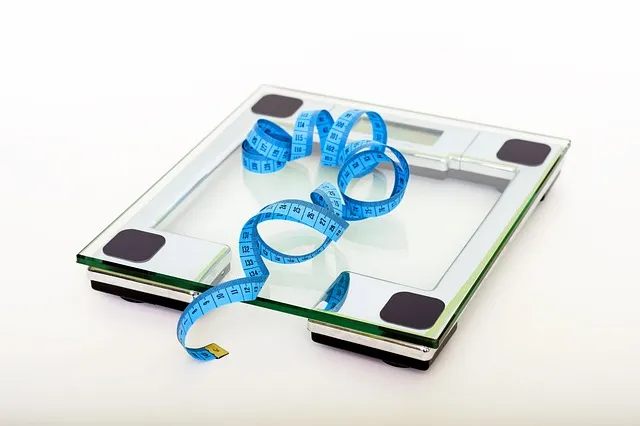
The Night formula boosts your mood and supports fat-burning while helping you fight cravings. Customers say they’re far less likely to reach for a bag of chips or other late-night snacks when they take Phen24. They also report giving in to cravings far less often during the day.
At your second visit, your provider will evaluate your test results and discuss your health and weight-related goals to help design a personalized care plan. If you start a medication, you will have regular check-ins with your certified clinician. They will review your weight loss progress, assess your medication tolerance, order follow-up lab testing or prescription refills, and adjust your care plan as necessary. Results from this study shows that oral supplementation can be more cost effective than injections.
Studies show that a B12 deficiency can sometimes result in a loss of appetite. If you take a B12 supplement to treat this deficiency, you may experience an increase in appetite, but that’s really a restoration of a normal level. In general, taking B12 should neither increase nor decrease appetite. The relationship of vitamin B12 with energy occurs at a cellular level.
Many people are always on the lookout for ways to shed those extra pounds and improve their overall health. One popular supplement that has been touted as a weight loss aid is **B12**. But does it really help you lose weight?
While it’s a good idea to change dietary habits to include more B12, injections are often the best way to return to a healthy and more energetic lifestyle. The biostation offers a range of quick and easy nutrient injections which include methylcobalamin (the most easily absorbable form of B12) when you are feeling symptomatic. Blood levels of vitamin B12 can start to increase within a relatively short period of time after beginning supplementation. New red blood cells can start to be produced within just a few days.
The Role of B12 in Weight Loss
**B12**, also known as cobalamin, is an essential vitamin that plays a crucial role in many bodily functions, including metabolism. It helps convert food into energy and aids in the production of red blood cells. Some studies suggest that a deficiency in **B12** can lead to fatigue and weakness, which can make it harder to engage in physical activity and burn calories.
B12 does not lead to a burst of energy like consuming caffeine; however, adequate B12 is necessary for healthy and balanced energy potential in the body. The recommended dietary allowance of vitamin B12 is 2.4 micrograms per day. A normal range varies between 200 to 900 picograms per milliliter (pg/ml).
The Connection Between B12 and Metabolism
One of the reasons **B12** is often linked to weight loss is its role in metabolism. A healthy metabolism is essential for burning calories efficiently and maintaining a healthy weight. Some research suggests that **B12** may help boost metabolism, leading to increased energy levels and potentially aiding in weight loss.
Vitamin B12 does not naturally occur in most plant foods, so fortified breakfast cereals are recommended for vegetarians. You have access to regular one-on-one virtual visits with a licensed healthcare provider to discuss your weight goals with lifestyle support and recommendations. However, the exact timeframe for noticeable changes in blood levels can vary depending on factors such as the dosage, frequency of supplementation, individual metabolism, and initial B12 status. Other dietary and lifestyle steps can support brain and heart health.
However, it’s important to note that taking **B12** supplements alone is not a guaranteed way to lose weight. While **B12** may play a role in metabolism and energy production, it is just one piece of the puzzle when it comes to weight loss. A balanced diet, regular exercise, and healthy lifestyle choices are still key components of any successful weight loss plan.
In conclusion, while **B12** may have some benefits for metabolism and energy levels, it is not a magic solution for weight loss. Incorporating **B12**-rich foods into your diet or taking supplements may be beneficial for overall health, but it should be part of a holistic approach to weight loss that includes healthy eating and exercise.




